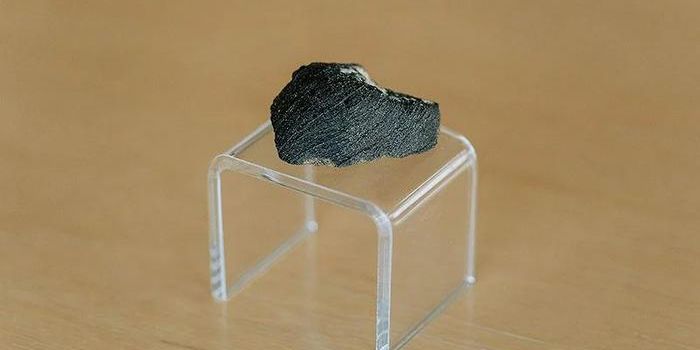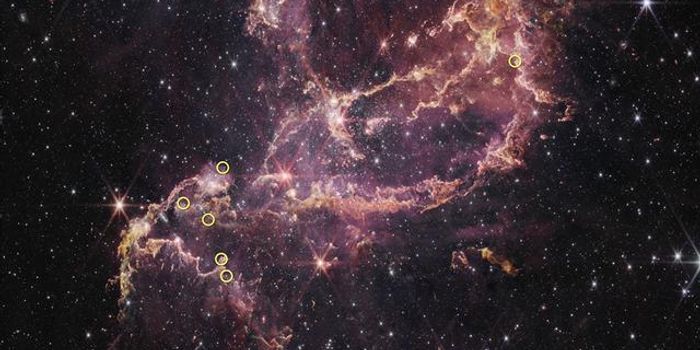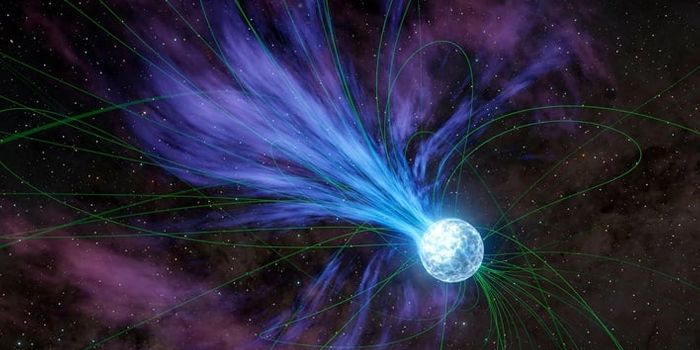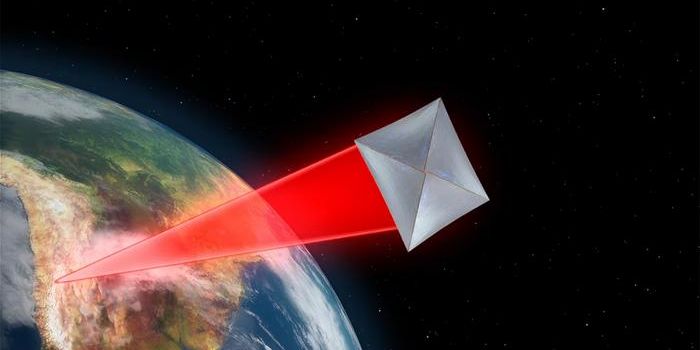Asteroid May Collide With Earth in November
NASA has said that an asteroid known as 2018VP1 is heading towards Earth, and may potentially collide with our planet on November 2nd this year.
As its name suggests, the asteroid was discovered in 2018 at around 450,000km (280,000 miles) away from Earth. Current estimates say that it is likely to come within 4,994.76 km of our planet. Although still seemingly distant, in space terms, this is extremely close.
However, despite some fears on its potential impact, the asteroid still has a very small chance of actually colliding with Earth. In fact, current calculations say it has a 0.41% chance of shooting through the Earth’s atmosphere- or a 1 in 240 chance.
While this probability may still seem a little high to some, the good news is that even if it does collide with Earth, it is unlikely to cause much harm. An Apollo-class asteroid, its diameter is only around 2 meters, making it the size of a small car. As such, it is simply not big enough to cause major havoc- especially as it will likely lose some of its volume as it descends.
Adding to this, NASA’s list of potentially hazardous space objects has a cut-off point at a minimum of 140 meters in diameter- many magnitudes larger than 2018VP1. To add more perspective, the asteroid that killed off the dinosaurs is thought to have been a minimum of 10 km (or 6 miles) in diameter on impact.
All in all, this means that 2018VP1 is unlikely to cause much damage - even if it does ultimately collide with Earth. This doesn’t, however, rule out the threat of another asteroid hitting Earth and wreaking havoc. Given that NASA has been directed by Congress to discover 90% of near-Earth asteroids larger than 140 meters in size though, we may just be able to fend it off, or at least have a head’s up before it hits.
Sources: CNN, Science Alert









